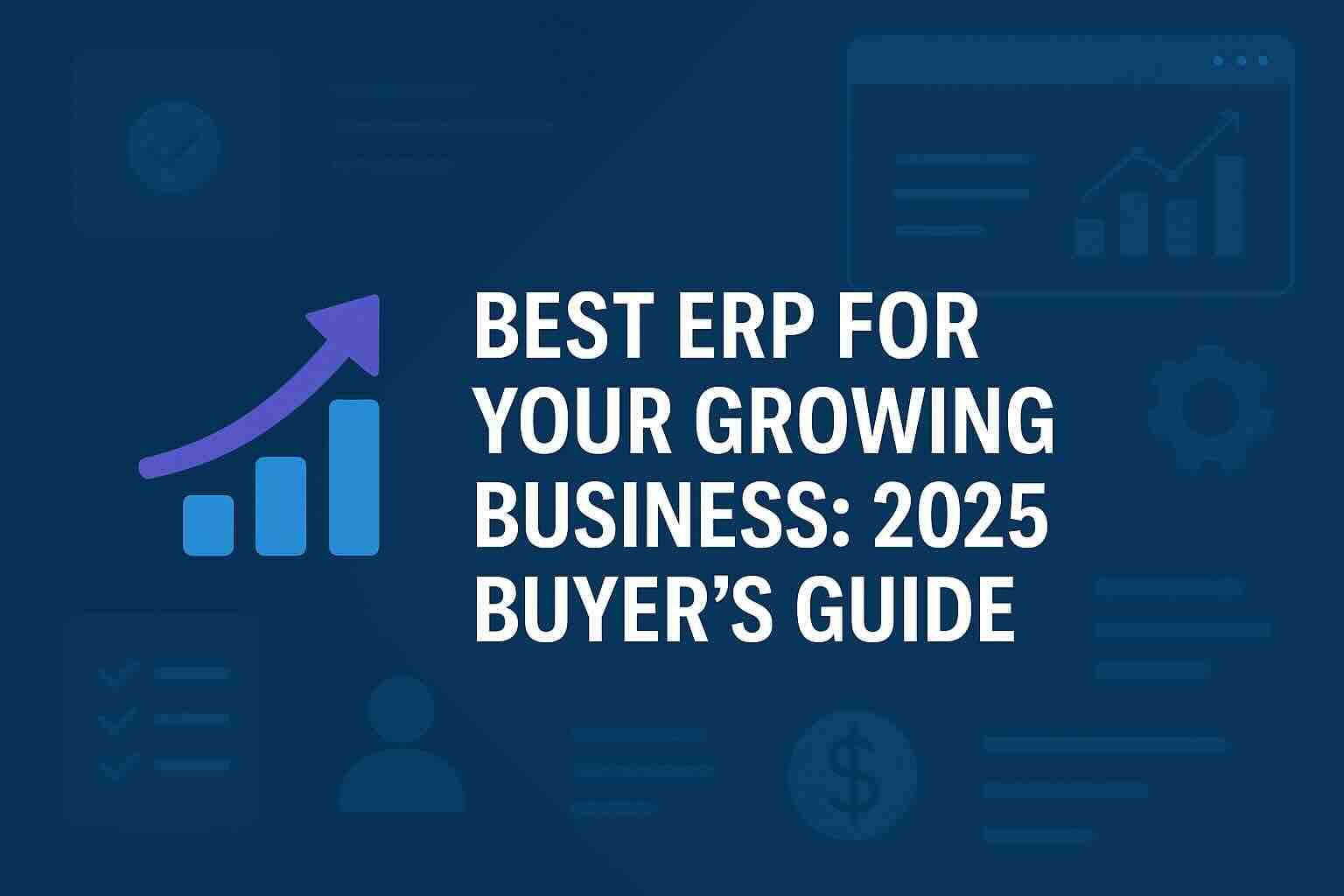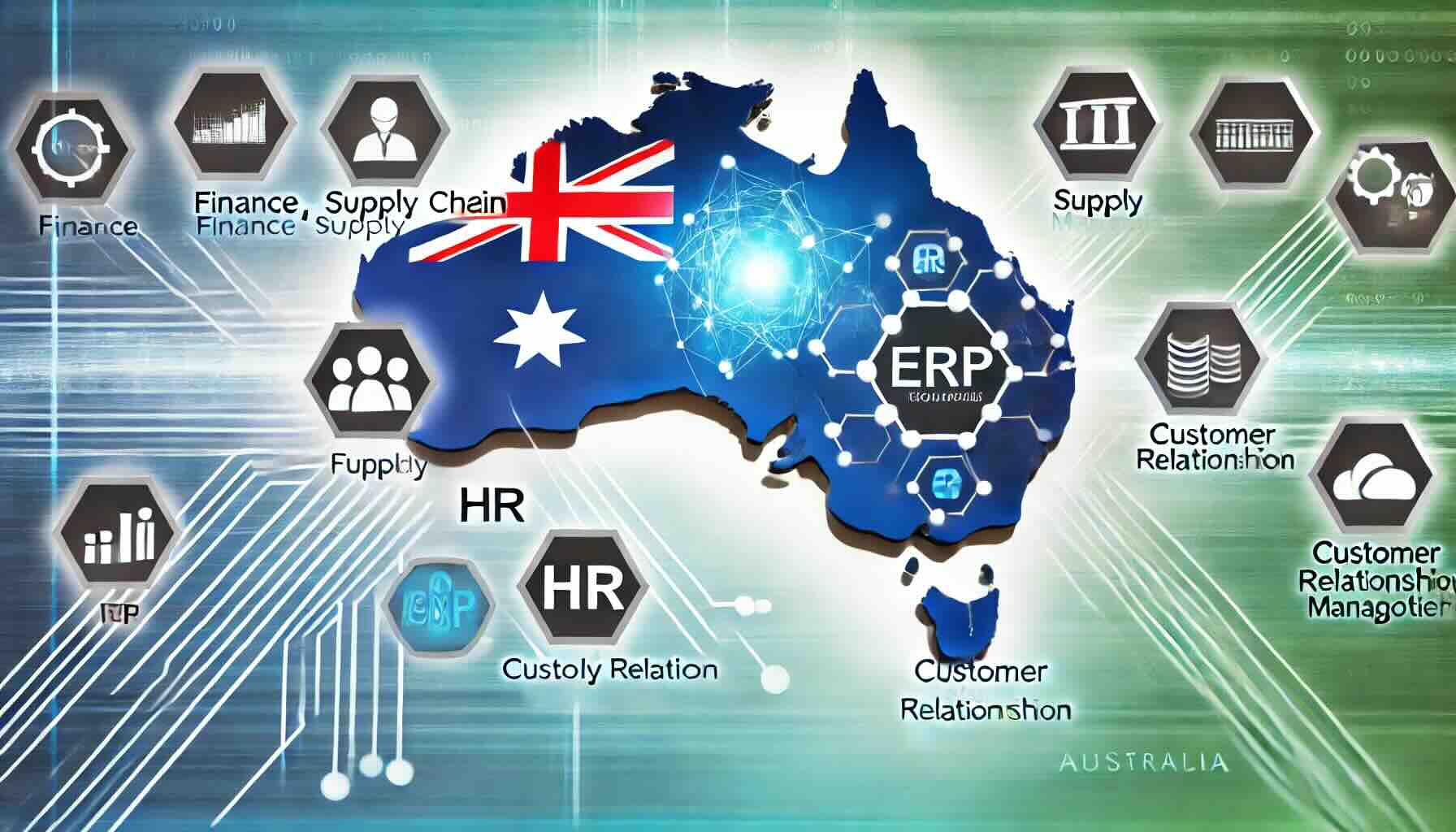Is Sage a Good Choice for Banking and Financial Services?

In the fast-paced world of banking and financial services, efficiency, security, and regulatory compliance are top priorities. Financial institutions require robust enterprise resource planning (ERP) solutions to streamline operations, ensure compliance, and enhance customer experiences. Sage for banking and financial services is a well-known ERP solution that offers a range of features tailored to the industry. But is it the right choice for your organization?
This blog explores the strengths and weaknesses of Sage for banking and financial services, helping decision-makers determine if it aligns with their operational needs.
What Is Sage ERP?
Sage is a leading provider of ERP software, offering solutions for businesses across various industries, including finance, manufacturing, and healthcare. The software is designed to manage core business processes, including accounting, financial management, compliance, risk management, and reporting.
For banking and financial institutions, Sage provides a flexible platform with key functionalities like:
- Automated financial transactions
- Compliance management
- Real-time reporting and analytics
- Multi-currency and multi-entity support
- Risk assessment tools
While Sage ERP is widely used in many industries, its suitability for banking and financial services depends on specific organizational needs.
Benefits of Using Sage for Banking and Financial Services
1. Robust Financial Management
Sage ERP is well-known for its strong financial management capabilities. It enables banks and financial institutions to track and manage transactions with precision. Features such as automated reconciliation, general ledger management, and cash flow tracking allow organizations to streamline their financial operations and reduce errors.
2. Regulatory Compliance and Risk Management
Compliance is a crucial aspect of the banking and financial sector. Sage ERP includes built-in compliance features that help institutions adhere to industry regulations such as IFRS, GAAP, and local financial reporting standards. Additionally, risk management tools within Sage help monitor financial risks, preventing fraud and ensuring data integrity.
3. Data Security and Access Control
Banks handle vast amounts of sensitive financial data. Sage ERP offers advanced security features such as role-based access control, encryption, and audit trails. These features ensure that only authorized personnel have access to critical financial information, reducing the risk of data breaches and cyber threats.
4. Scalability and Flexibility
Financial institutions vary in size, from small credit unions to multinational banks. Sage ERP offers scalable solutions that grow with the organization. Whether an institution needs multi-entity accounting or support for multiple currencies, Sage provides a flexible framework to accommodate evolving business needs.
5. Integration with Banking Systems
Sage ERP can integrate with various banking platforms, payment gateways, and financial software. This seamless connectivity allows banks and financial institutions to automate transactions, reconcile payments in real time, and generate accurate financial reports with ease.
6. Real-Time Reporting and Analytics
Data-driven decision-making is essential in the financial sector. Sage ERP provides real-time reporting and analytics, offering insights into financial health, operational efficiency, and customer behavior. This helps institutions make informed strategic decisions and optimize their services.
Challenges of Using Sage ERP in Banking and Financial Services
While Sage offers many advantages, there are some challenges to consider:
1. Customization Requirements
Sage ERP is a general-purpose ERP solution that may require significant customization to meet the unique needs of banking and financial institutions. Customizing the software to integrate with existing banking systems and regulatory frameworks can be time-consuming and costly.
2. Implementation Complexity
Implementing an ERP system in a financial institution is a complex process that requires careful planning. The transition to Sage ERP may require extensive training for staff and dedicated IT support, which could pose challenges for organizations with limited resources.
3. Cost Considerations
While Sage ERP offers cost-effective solutions for mid-sized businesses, large-scale financial institutions may find it expensive to customize and maintain. Licensing, implementation, and ongoing support costs should be carefully evaluated before making a decision.
4. Industry-Specific Features
Unlike some ERP solutions designed exclusively for banking and financial services, Sage may lack specialized industry features such as core banking solutions, loan management systems, and regulatory reporting specific to financial institutions. Organizations may need additional third-party integrations to fill these gaps.
Is Sage ERP the Right Choice for Your Financial Institution?
The decision to implement Sage for banking and financial services depends on an institution’s specific needs and operational goals. If your organization requires a robust financial management system with strong compliance and security features, Sage ERP can be a valuable solution. However, if highly specialized banking functionalities are needed, a dedicated financial services ERP might be a better choice.
To determine if Sage ERP is right for your financial institution, consider the following:
- Do you need a flexible and scalable financial management system?
- Is compliance and risk management a top priority?
- Do you require extensive customization for banking operations?
- What is your budget for ERP implementation and maintenance?
By evaluating these factors, financial institutions can make an informed decision about whether Sage ERP aligns with their operational needs.









